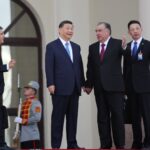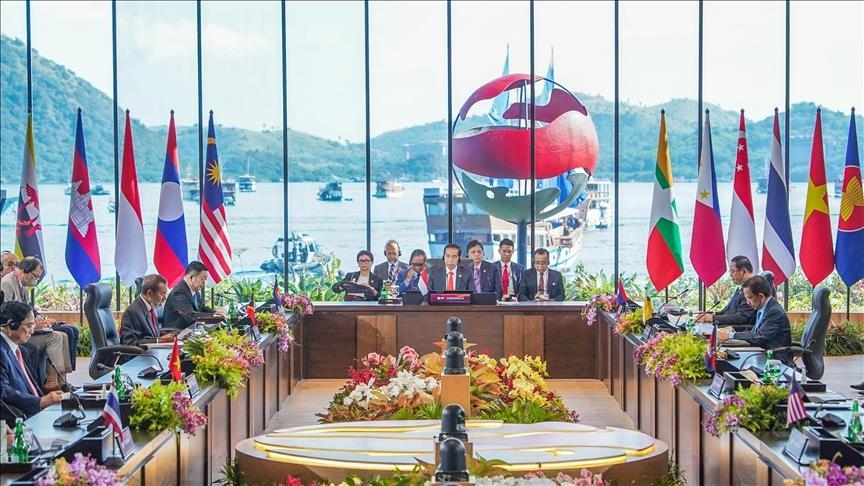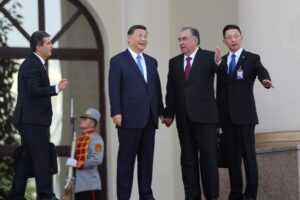Indonesia has decided to move the planned military exercises of Association of Southeast Asian Nations (ASEAN) countries away from the disputed South China Sea to South Natuna Islands, the country’s military has said.
The Indonesian National Armed Forces said Wednesday that the scheduled military exercises in September will now be held in South Natuna Islands.
Several areas that will be used as training location points include Batam and Sabang Mawang in Riau Islands, the Benar News website reported, citing a military statement.
The week-long military exercises of ASEAN countries are scheduled to begin on Sept. 18.
ASEAN is an international organization comprising 10 member countries in Southeast Asia: Brunei, Cambodia, Indonesia, Laos, Malaysia, Myanmar, the Philippines, Singapore, Thailand, and Vietnam.
In 2017, Indonesia, a Southeast Asian nation, changed the name of the South China Sea to the Natuna Sea.
According to the Indonesian military, the scheduled exercises are non-combat and they will focus on joint maritime patrols, medical, search, rescue and humanitarian assistance, and disaster relief.
Earlier, Indonesia had decided to hold the drill in the waters of the North Natuna Sea, which lies within Indonesia’s exclusive economic zone, however, parts of it are also claimed by China.
Apparently, to avoid any reaction from Beijing, now the military has decided to shift it to South Natuna Islands.
The mineral-rich warm waters of the South China Sea have long been a subject of contention between China and some regional countries, with the US siding with countries opposing Beijing’s claims.
In 2016, the Philippines won a case at the Permanent Court of Arbitration in The Hague that invalidated China’s South China Sea expansion claims.
Urging self-restraint in the conduct of activities by claimants and all other states, the ASEAN bloc called for abiding by the Declaration on the Conduct of Parties in the South China Sea (DoC).
The DoC is an agreement on the South China Sea signed by ASEAN and China in November 2002, marking China’s first acceptance of a multilateral agreement on the issue.
Source : AA











